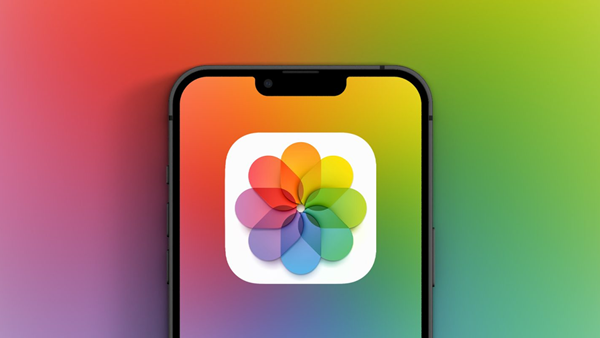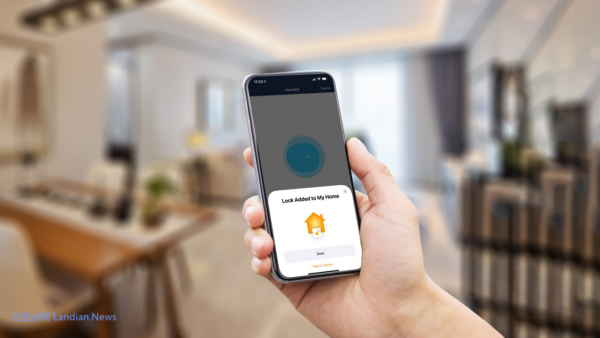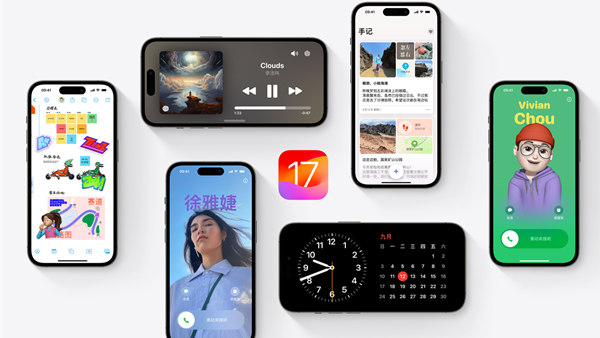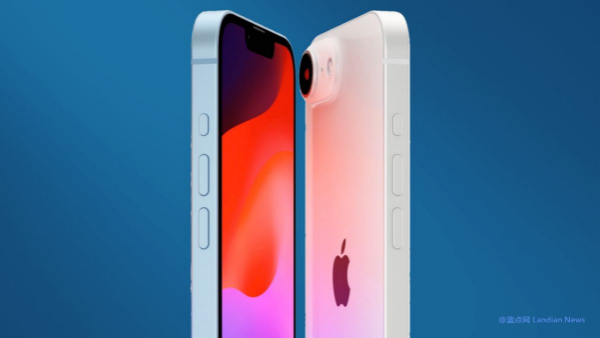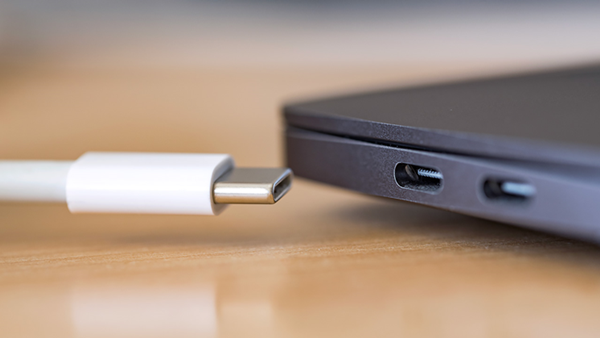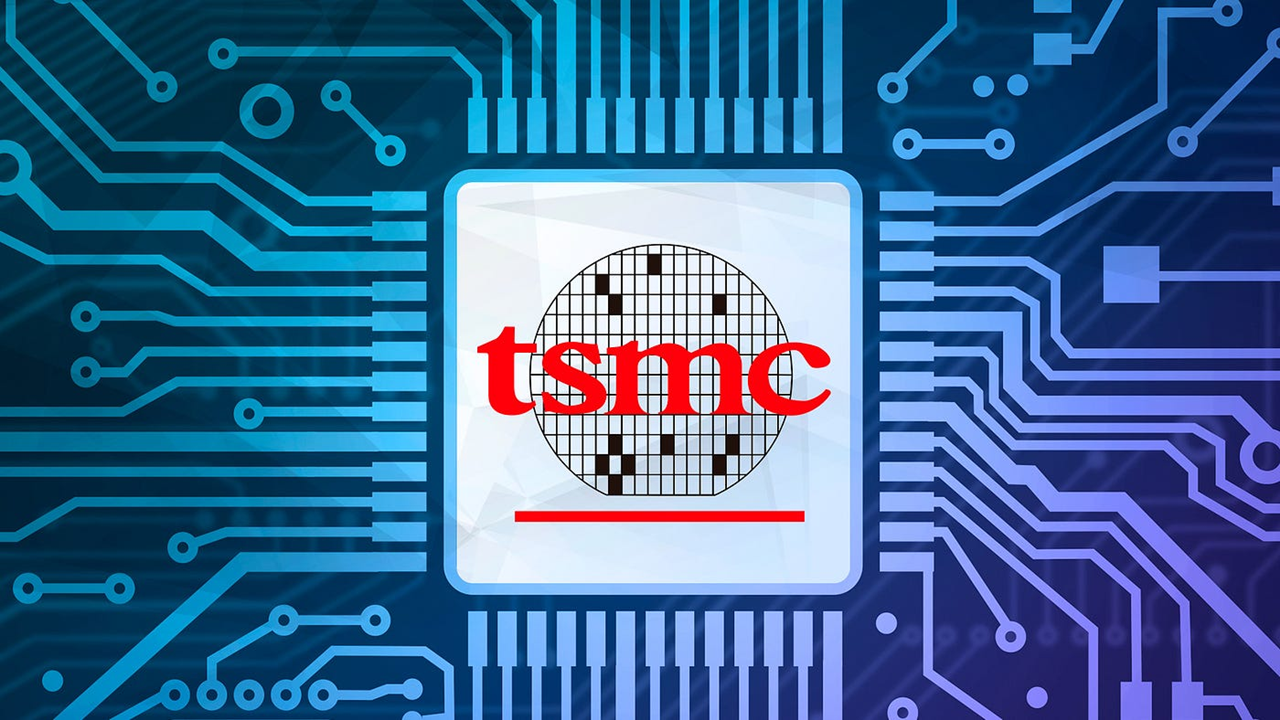Apple's Competitive Guard: Tata Group Reconsiders Vivo Stake Amid Opposition
Under pressure from the Indian government, Chinese smartphone manufacturer Vivo was considering transferring 51% of its shares in its Indian subsidiary to India's tech giant, the Tata Group. This move would have transformed Vivo's company in India into a joint venture led by the Tata Group.
However, even as Vivo was willing to sell a 51% stake, problems emerged due to Apple's reluctance to allow the Tata Group to acquire shares in Vivo. Apple's reasoning is straightforward: the Tata Group, on one hand, helps Apple manufacture products like the iPhone, and on the other hand, becoming the controlling shareholder of Vivo means Apple would continue its cooperation with a competitor.
Apple's intervention has stalled negotiations between Vivo and the Tata Group, making further cooperation between them highly unlikely. Therefore, Vivo must seek other partners in India, or it could face the dilemma of exiting the Indian market.
Currently, the Indian government is pressuring several foreign companies, including Vivo, to localize their ownership, meaning control must be in the hands of Indian companies. Failure to meet this requirement could lead the Indian government to force these foreign enterprises out of the market. If these foreign companies agree to sell 51% of their shares to local Indian companies, they would suddenly become Indian enterprises, consistent with the government's usual strategy.
The Tata Group is the largest tech giant in India and has already entered Apple's supply chain by acquiring manufacturing plants, mainly responsible for evaluating products manufactured in India. The scale of manufacturing is not yet significant, but if the Tata Group wishes to continue its collaboration with Apple, acquiring shares in Vivo becomes impractical.
For Vivo, the situation is challenging, as finding a sufficiently capital-rich local Indian company for partnership has become extremely difficult. Apart from the Tata Group, there are not many companies with the capacity to purchase Vivo's shares, forcing Vivo to seek new buyers.

